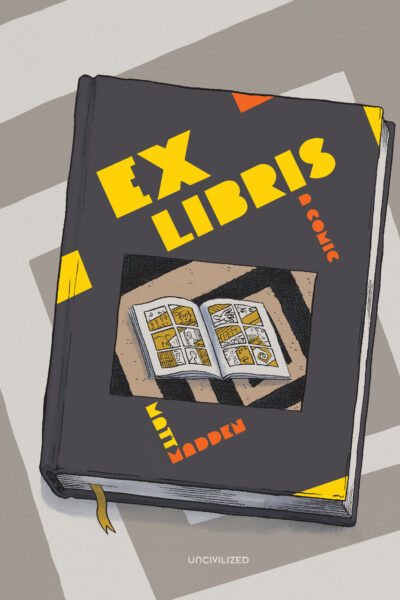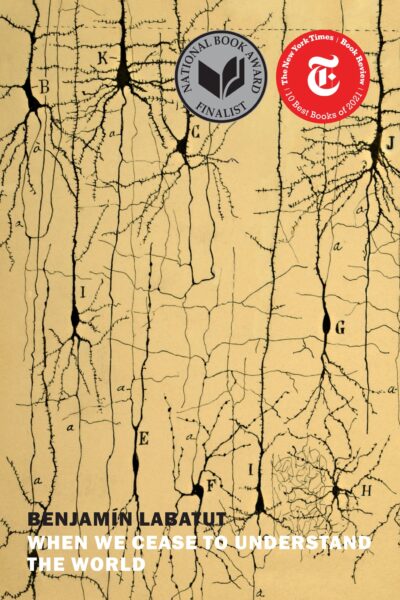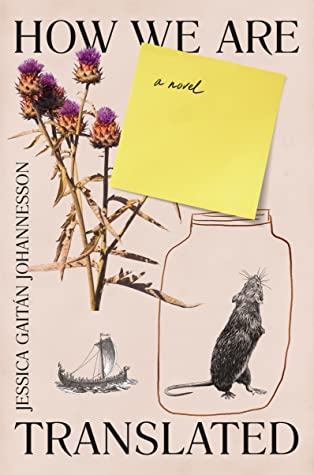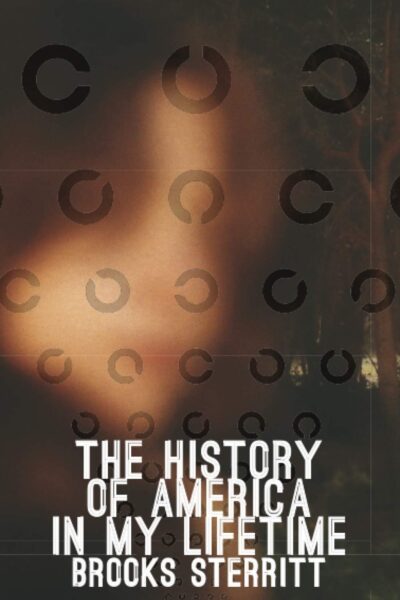The Communicating Vessels – Friederike Mayröcker
Ultimately, more than positively being about something, the book hints at eliminating such a possibility altogether.
While the moral of EX LIBRIS may feel a touch on-the-nose, in a time when new forms of media have weaponized our penchant for groupthink, and inherited ways of life are leading us into ecological collapse, I’m not sure it has ever been more important for us to hear it.
Nandana’s translation of Acrobat, then, is a material necessity that achieves her mother’s standards in a compelling and artful way.
Through her precisely beautiful lyric, Ae Hee Lee offers vivid remembrances of family, gesture, and place; she examines pasts and origins; she imagines new futures.
Bellamy luxuriates in the vulgar and abject, and she returns, time and time again, to the body. This is true of all her work, and BEE REAVED, her new collection of essays, is no different.
When We Cease to Understand the World – Benjamín Labatut
Labatut’s novel is a stunning book about epistemic breaks – about sudden ideas that shatter across an age.
How to Build a Home for the End of the World – Keely Shinners
When we are all sick, all the time (as we are now), and it is not seen as abnormal (as it is now), we can take care of each other. This is what capitalism desperately wants us to not do.
How We Are Translated – Jessica Gaitán Johannesson
In her debut novel, Johannesson brings forth discussions that have long existed (the experience of being between languages) as well as new ones (contemporary tensions over displaced people), joining the two under one specific idea: translation.
The History of America in My Lifetime – Brooks Sterritt
A satire of our data-driven societies, of modern surveillance systems, and of the irrationality of the Western world, it is a novel about capitalist America and our struggle to understand it.
Warning to the Crocodiles – António Lobo Antunes
With his use of pitch black humor and his precise attention to humanity (and the ways humans can be humiliated) against a broader historical backdrop — this supposedly impossible fusion of aestheticism and social reference — Lobo Atunes’s fictive worlds seem inexhaustible.











